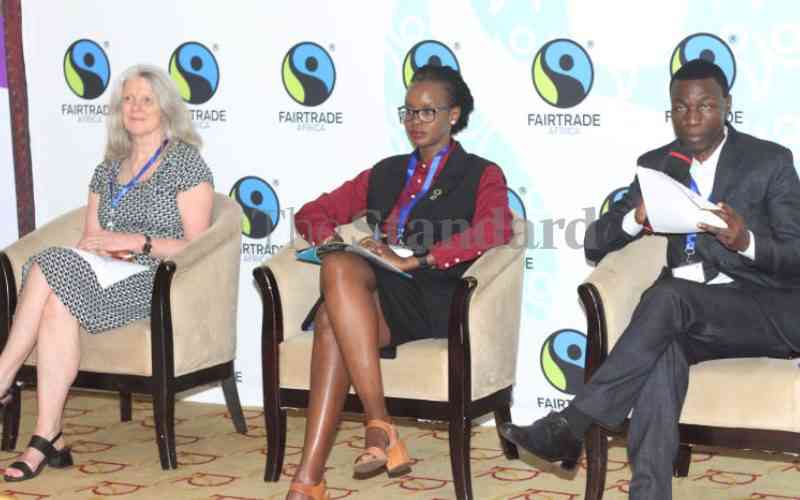×
The Standard e-Paper
Home To Bold Columnists

Sustainable trade lobby Fairtrade International says it helped farmers around earn Sh6 billion more during the Covid-19 pandemic in 2020.
Representing more than one million farmers across 28 countries in Africa and the Middle East, Fairtrade advocates for better prices, decent working conditions, local sustainability and fair terms of trade for farmers around the world with a focus on lower income countries.